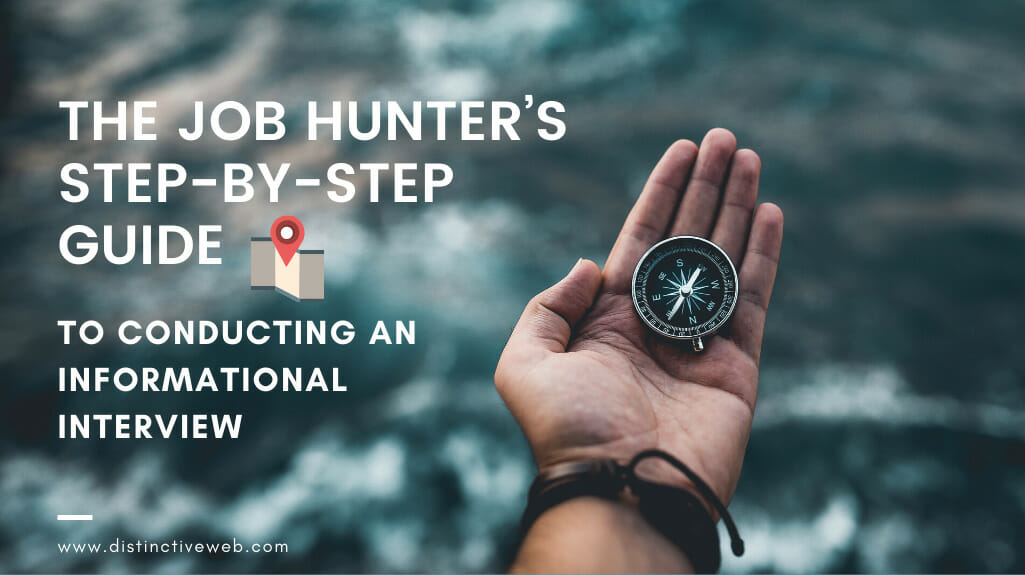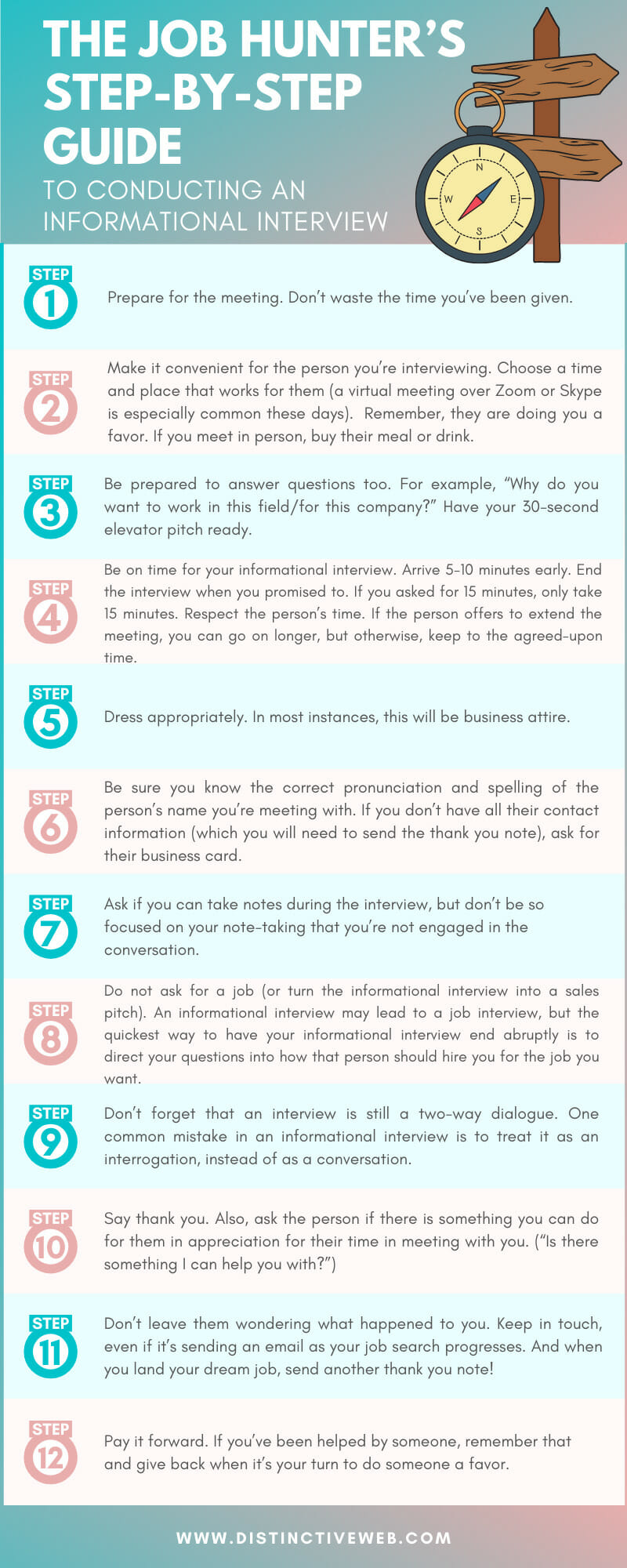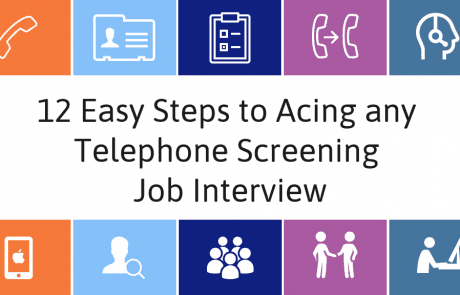
What if you could get “inside information” about a company you’re interested in working for, or about a specific job you’re applying for?
If you’re thinking about changing careers, talking to someone who does the job you’re interested in can give you insight into what you will — and will not — like about your desired job.
For someone who hasn’t interviewed for a job in a long time, an informational interview can also provide valuable practice before applying for jobs and going on interviews.
What Is An Informational Interview?
Informational interviews (also called information sessions, informational meetings, or research interviews) are interviews that are conducted to gather information to help prepare for a job interview and/or learn more about a specific job, industry, or company.
With apologies to Mick Jagger, while an informational interview may not get you the job you want, you just might find you get what you need: Useful, insightful information about a job, a career, or an industry; information that has the potential of yielding both short and long-term benefits, not only with respect to any job search you may currently be conducting but for long-term professional development as well.
Before we get into what an informational interview is and what it can do for you, let’s be clear about what it isn’t: A job interview. In fact, you’ll torch whatever goodwill you’ve accumulated with the person you’re seeing if you attempt to take advantage of the time that has graciously been put aside for you for any purpose other than what you’ve stated.
An informational interview provides you the chance to sit down and speak with someone in the industry in a relaxed, conversational setting in which you have permission to ask questions that might not otherwise be appropriate in a “regular” job interview. If you turn it into anything else, not only will you defeat the purpose of the meeting, but you’ll likely reduce your professional network by at least one person.
Anyone can conduct an informational interview, although they are most commonly used by new graduates and those considering changing careers (either a change of profession or a change of industry).
Informational interviews are not used as often as they should be by jobseekers, but they can be a valuable tool in your job search — one that can help you make an informed decision about starting a career in a new industry or even working at a specific company or organization.
Who Should You Contact?
When you’re seeking information about a job, company, or industry, there are a variety of sources that can provide you with these details. These can include:
How can you find specific people to interview?
How To Prepare for an Informational Interview
Before you commence pursuit of informational interview opportunities, some housekeeping is required.
- Take inventory. Assess what it is you’re attempting to accomplish so that you’re not spending time needlessly on something that, at the end of the day, does not yield any positive benefits.
- “Keepin’ it real”. Determine what you are really interested in and whether your pursuit is realistic. No, really.
If you’re honest and diligent when taking these two steps, you’ll be able to pin down what it is you want to accomplish and focus on which questions are best suited to get the information you’re after.
Before you request and schedule an informational interview, familiarize yourself with the person you’ll be interviewing, their job, the company, and the industry. You don’t want to waste someone’s time asking them a question that could be answered with a simple Google search.
When you have the opportunity to ask questions of someone who has the job you want, make sure you are making the most of the time you have. You may only have a half-hour with the person, which might only be enough time to ask a handful of questions. (Make sure you know how much time the person is devoting to your meeting, so you can be respectful of that time!)
You should prepare for an informational interview like you would prepare for a job interview — except you’ll be asking most of the questions, instead of answering them.
Prepare a list of questions to ask in the interview. How many questions you are ultimately able to ask depends on the amount of time you have, so once you’ve listed your questions, rank them in the order you’d like them answered.
Here are some topic ideas:
- Wage range for the profession I’m considering?
- A description of what a normal day looks like for specific jobs in the industry?
- Typical corporate culture?
- Industry trends?
- Recent developments and challenges in the field?
- What are the skills/characteristics/traits common to people who succeed in the career I’m considering?
- What should someone like me know when applying for work in the field?
- What questions should I be asking/what type or information I should be researching going forward?
- Are there changes I should make to my resume that will bolster my chances of being interviewed?
- Do you know anyone else who might be open to talking to me?
- Given our discussion, is there an alternate career path that you think might be appropriate me?
Although certainly not an exhaustive list, these questions and others like them will help you improve your communication skills and, of course, fine-tune your job search.
A Few Pointers To Remember
What To Do After Your Meeting?
Take a few minutes after the interview to write down your thoughts and impressions, recording as much of the information as you can remember, including the small details. Also, think of questions you still want answered — or new questions you have as a result of the interview, even if you don’t know yet who can answer those questions.
Within 24 hours of your informational interview, write a thank you note to the person you interviewed. Equally important, keep him or her informed of your progress. Report back if you’ve followed up on any of his or her suggestions or recommendations.
If the person offered to do something for you, provide a gentle reminder in the thank you note. (“Thank you for your offer to introduce me to ___. I look forward to meeting him/her!”) And if you’ve offered to do something for the person, make sure you follow through!
Enlisting the help of others through informational interviews can be one of the best ways to move your job search forward and/or accomplish a career change.
Having the right information will help you be more effective in your job search. Research and relationship-building — ultimately, leading to one or more informational interviews — can give you a significant advantage over other job applicants, and help you secure your dream job.










